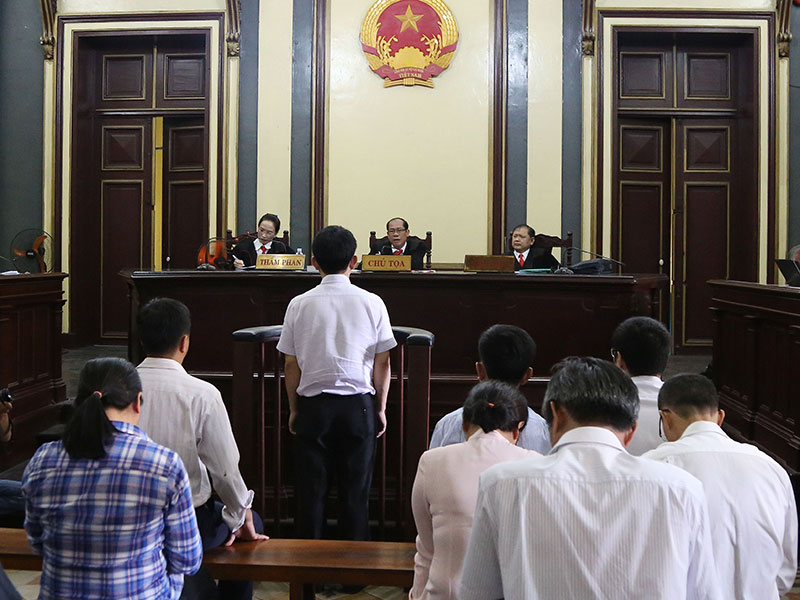
Tư pháp độc lập – một số vấn đề lý luận và thực tiễn (kỳ 1)
1. Tư pháp độc lập – một đóng góp lớn của dân chủ tư sản
Trong lịch sử của nhân loại, nhà nước được hình thành cách đây khoảng hơn 5.000 năm, nhưng bộ máy nhà nước được phân quyền mới chỉ được thiết lập cách đây khoảng gần 300 năm, kể từ khi có cách mạng tư sản. Cần phải khẳng định rằng trong những đóng góp cho sự phát triển nhân loại của nền dân chủ tư sản[1], việc hình thành một loại cơ quan xét xử đứng độc lập với các cơ quan nhà nước khác chiếm một vị trí rất quan trọng.
Tiếp tục đọc “Tư pháp độc lập – một số vấn đề lý luận và thực tiễn – 2 kỳ”


![The so-called 'Quad' grouping will hold its first in-person leaders meeting on Friday [File: Kiyoshi Ota/Reuters]](https://www.aljazeera.com/wp-content/uploads/2021/09/2021-03-12T144711Z_1069903185_RC2Q9M919TJM_RTRMADP_3_USA-ASIA.jpg?resize=770%2C513)
